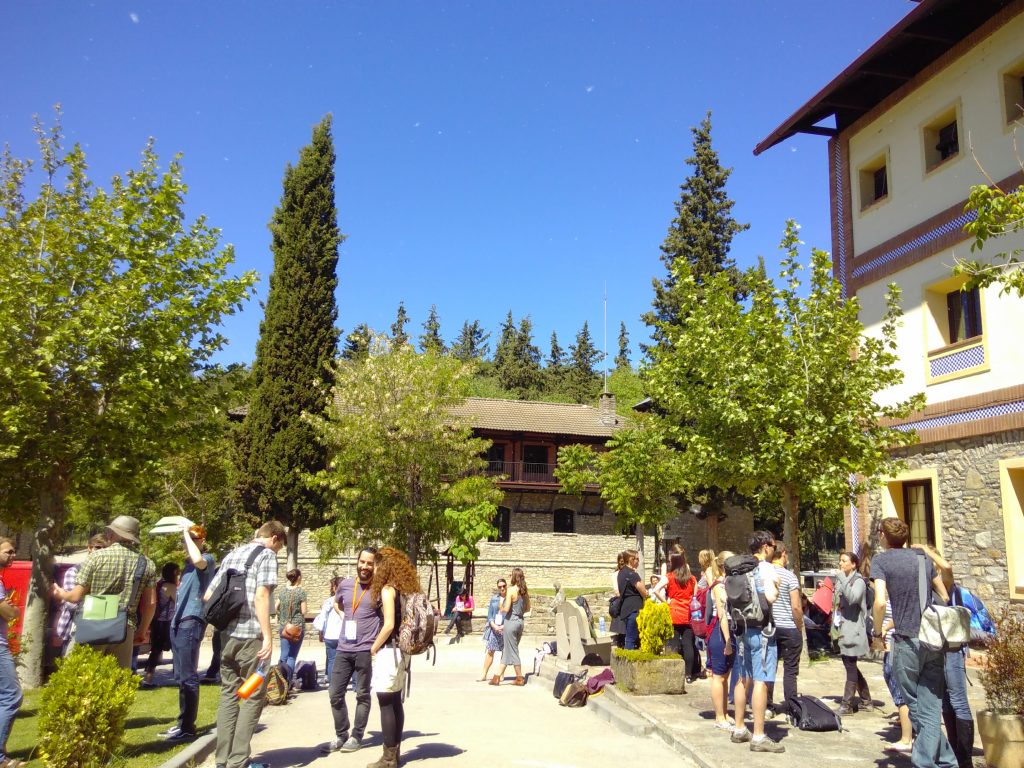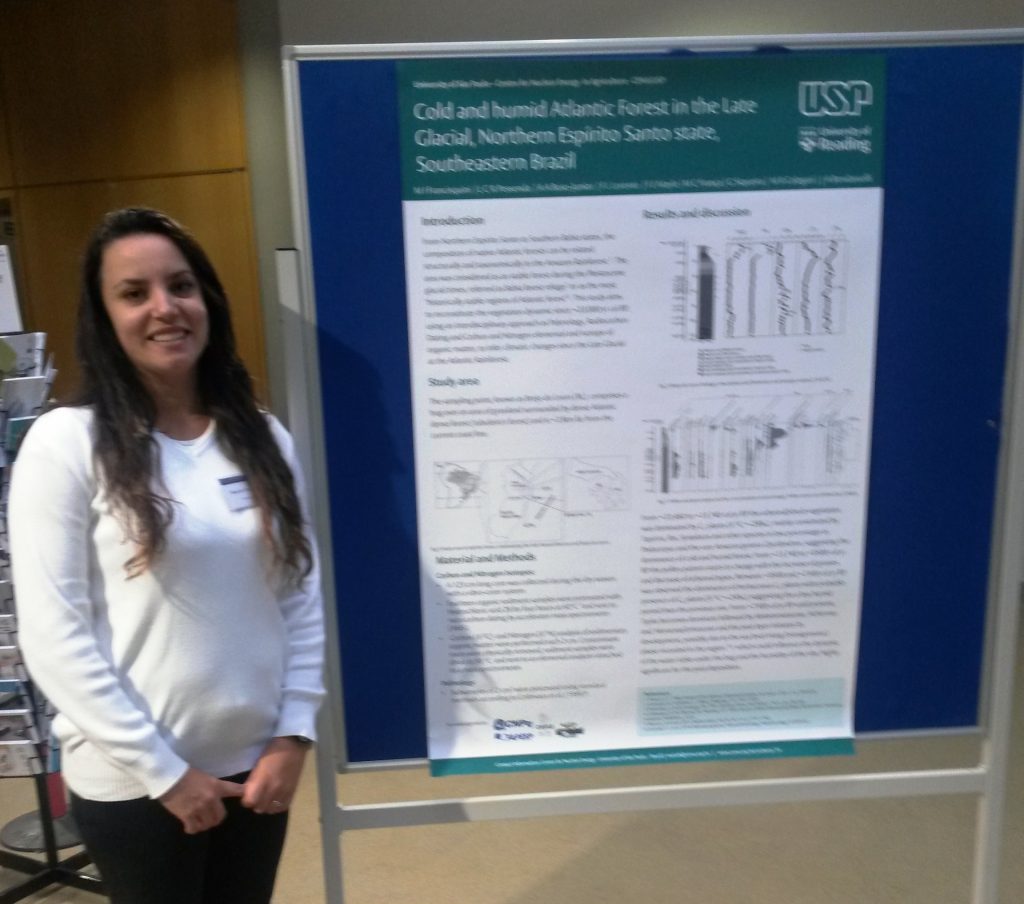I meant to write this post as a retrospective on 2019 at the end of last year, which gradually faded into a hope to publish it in early January. It’s now unavoidably the middle of February and the ‘new’ year is well underway, but so many TPRG things happened in 2019 that a review is still very much in order! Here’s a whistle-stop tour of some highlights…
Farewells and hellos
Both Heather and Richard completed their PhDs last year, so huge congratulations to Drs Plumpton and Smith! In 2019 Heather also spent several months in the Parliamentary Office of Science and Technology, thanks to a fellowship with the British Ecological Society, before starting work at the Walker Institute as an Interdisciplinary Research Fellow.
POST has always supported #WomenInScience. Many brilliant scientists join us every year through POST fellowships, and help us produce our flagship briefings: POSTnotes. 1/11 pic.twitter.com/xaimqUXxBK
— POST (UK Parliament) (@POST_UK) February 11, 2019
While it’s sad not to have Richard and Heather around any more, we’re very excited that Marco Raczka has joined the TPRG as a Postodoctoral Research Associate in Amazonian Palaeoecology (this post). He’ll be working on Frank’s new HERCA project over the next three years. Speaking of which… Continue reading












